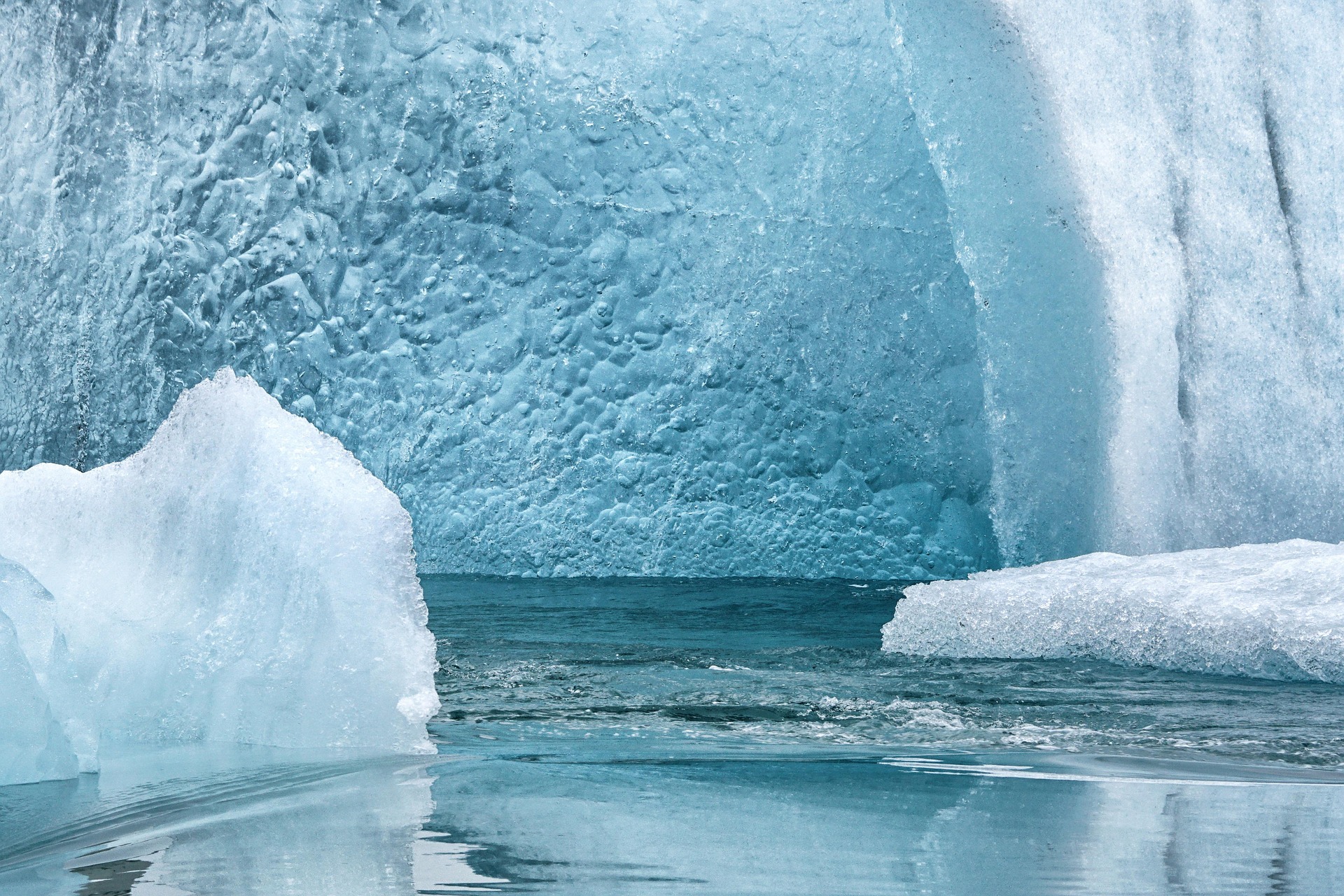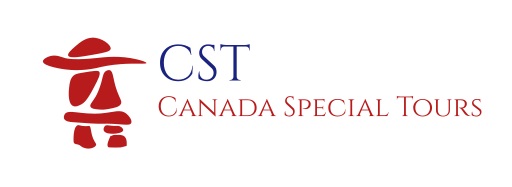Experience Iceland
Another beautiful Arctic Destination to Explore
Let's experience remote Iceland
Iceland is a country of extraordinary beauty and contrasts, with a unique cultural identity, a strong environmental ethos, and a fascinating history. Its natural wonders and modern conveniences make it an increasingly popular destination for travelers seeking adventure, relaxation, and a deep connection to nature.
This Nordic island country is located in the North Atlantic Ocean, known for its stunning landscapes, unique geology, and rich cultural heritage. Here’s a comprehensive overview of everything you should know about Iceland.
Iceland is renowned for its unique natural landscapes, and its wellness resorts and retreats make the most of these stunning surroundings, offering visitors rejuvenating experiences centered around relaxation, nature, and holistic well-being.
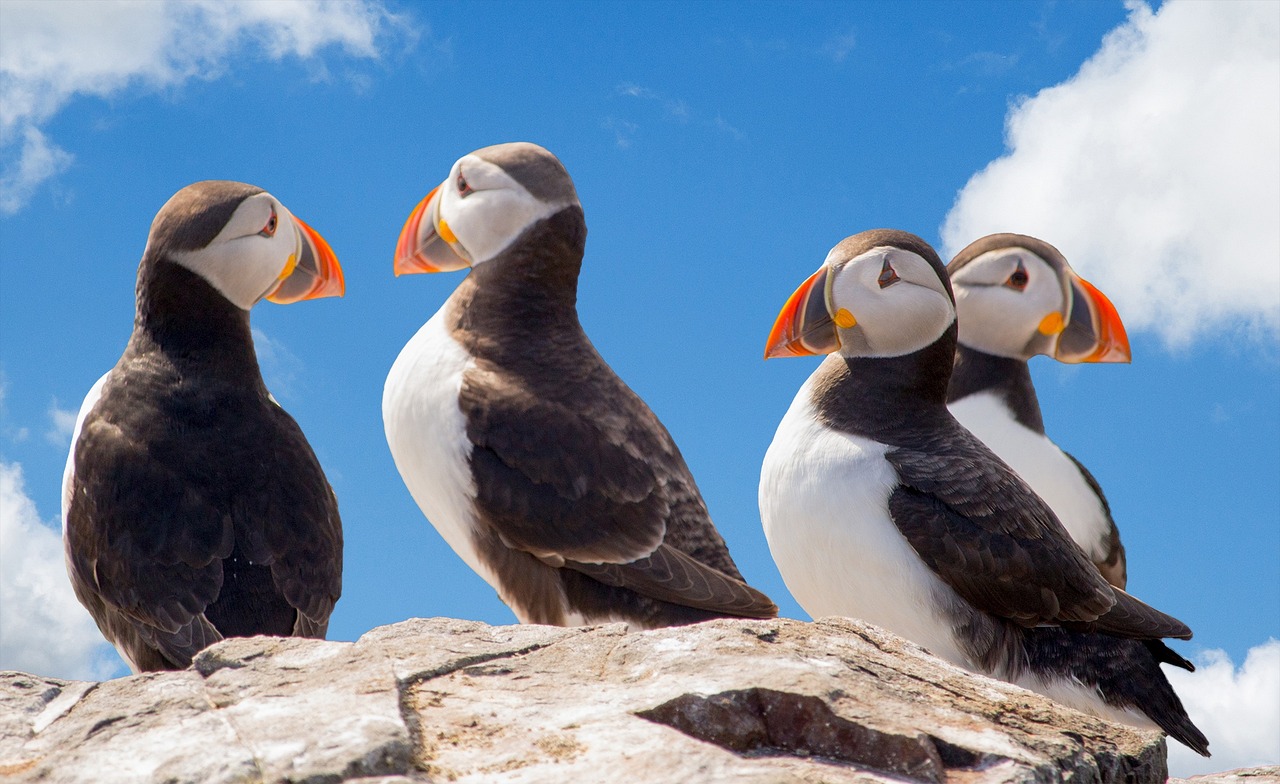
Geography, Climate, Population & Language
Location: Iceland lies just south of the Arctic Circle, making it one of the northernmost countries in the world. It’s situated between Greenland and Norway.
Land Area: Approximately 103,000 square kilometers (39,769 square miles), making it the 18th largest island in the world.
Landscape: Iceland is renowned for its dramatic landscapes, including volcanoes, glaciers, geysers, hot springs, lava fields, and waterfalls. About 11% of the country’s landmass is covered by glaciers.
Volcanism: Iceland sits on the Mid-Atlantic Ridge, where the Eurasian and North American tectonic plates meet. This causes significant volcanic activity, with eruptions happening every few years. Famous volcanoes include Eyjafjallajökull (which erupted in 2010) and Hekla.
Climate: Iceland experiences a subarctic or cold oceanic climate. Winters are relatively mild compared to other places at similar latitudes, with temperatures ranging from -1°C (30°F) in January. Summers are cool, with average highs of 10°C (50°F) in July. The weather can be highly unpredictable, often shifting between sun, rain, and snow.
Population: Approximately 380,000 people live in Iceland, with the majority residing in the capital area of Reykjavik. It’s one of the most sparsely populated countries in Europe.
Language: Icelandic is the official language and has remained largely unchanged since medieval times. It’s a North Germanic language, closely related to Old Norse. Many Icelanders also speak English, especially in urban areas.
Religion: The majority of Icelanders are members of the Evangelical Lutheran Church of Iceland, which is the state church, but the country is quite secular, with a strong emphasis on freedom of religion.
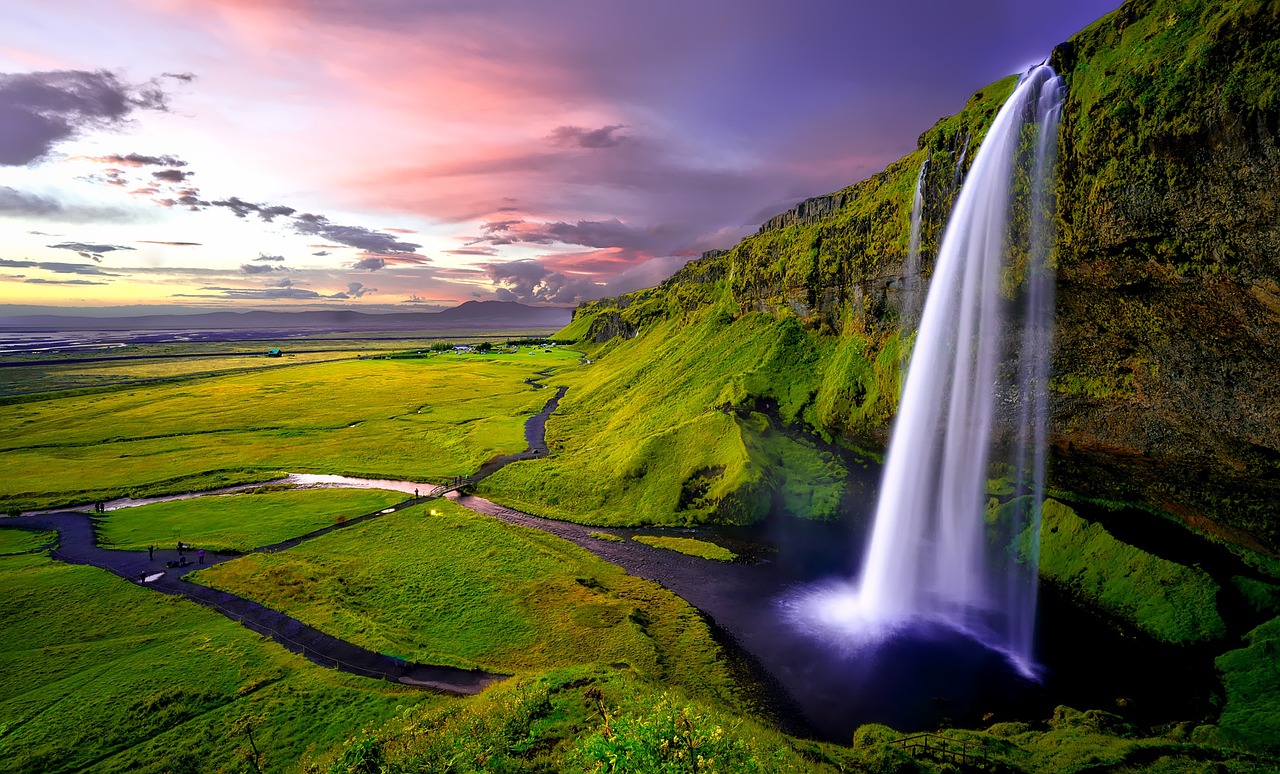
Ria's Resort suggestions
These resorts are considered the best choices in Iceland;
1. The Reykjavik Edition
2. Hotel Jokulsarlon – Glacier Lagoon
3. Fosshotel Glacier Lagoon
4. Hotel South Coast, Selfoss
5. Skalakot Manor Hotel
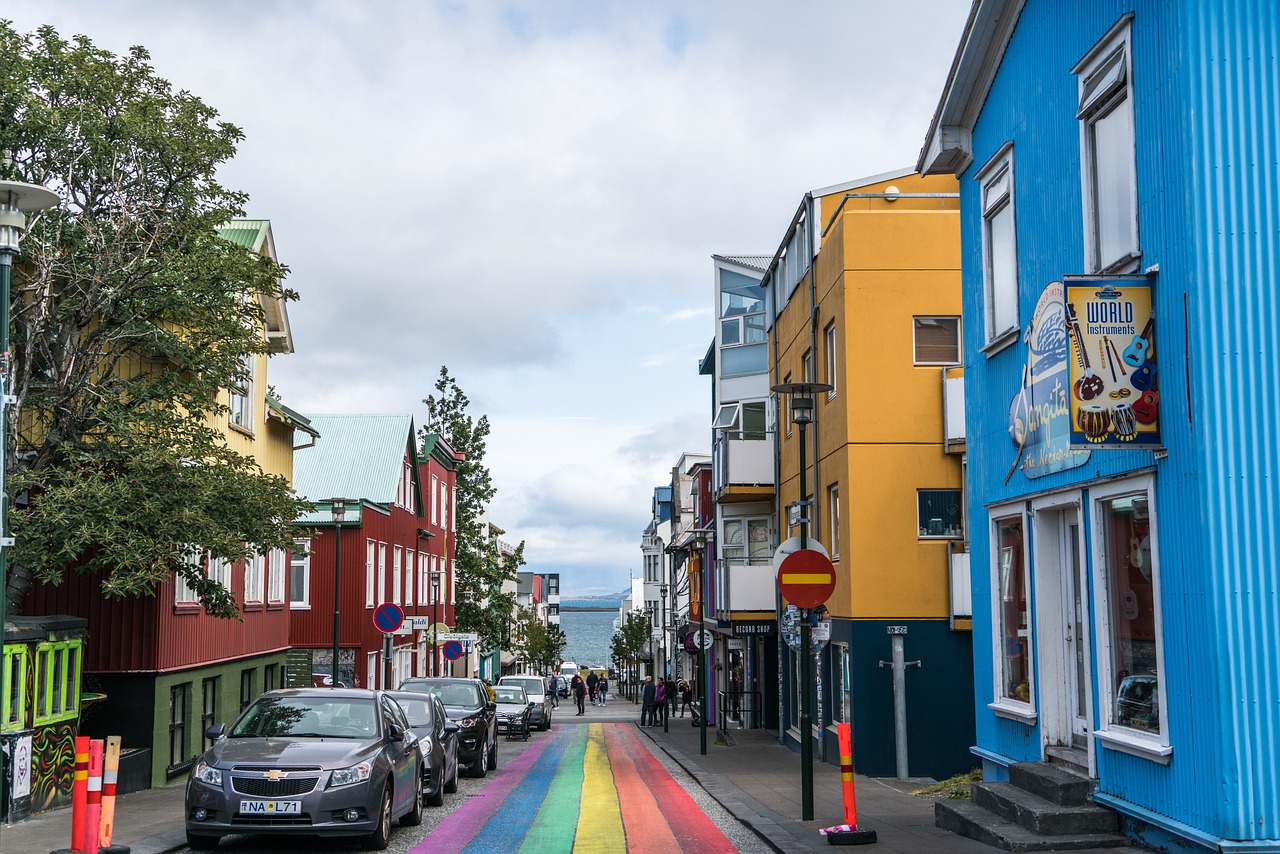
History & Politics
Settlement: Iceland was first settled in the 9th century by Norse Vikings, primarily from Norway, along with some Celts from the British Isles. The settlement period began around 870 AD.
Independence: Iceland was under Danish rule from 1814 until it became an independent republic in 1944, during World War II, after Denmark was occupied by Nazi Germany.
Government: Iceland is a parliamentary republic. The president is the head of state, though the position is largely ceremonial, with executive power lying with the prime minister and the parliament (Alþingi). The political system is democratic and operates with proportional representation.
Currency: The currency of Iceland is the Icelandic króna (ISK).
Economic Structure: Iceland has a mixed economy, with a combination of renewable energy (hydroelectric and geothermal), tourism, and fishing as its primary sectors.
Energy: Iceland is known for its sustainable energy production. It generates nearly 100% of its electricity from renewable sources, primarily geothermal and hydroelectric power.
Fishing: The fishing industry is vital to Iceland’s economy, with seafood being one of its main exports. Overfishing has been a concern in the past, but the country has strict quotas and regulations in place to manage fish stocks.
Tourism: Tourism has grown rapidly in recent years, with visitors drawn to Iceland’s natural beauty, hot springs (like the Blue Lagoon), the Northern Lights, and outdoor activities like hiking, glacier tours, and whale watching.
Literature: Iceland has a strong literary tradition, dating back to the medieval period. The Íslendingasögur (sagas of Icelanders) are famous narratives that tell the stories of early settlers and their descendants. The country has a high rate of book publication and reading, and the annual Reykjavik International Literary Festival celebrates this.
Music: Iceland has a rich musical culture, spanning from traditional folk music to modern genres. Internationally renowned artists like Björk, Sigur Rós, and Of Monsters and Men have helped put Icelandic music on the global map.
Cuisine: Traditional Icelandic cuisine includes dishes based on fish, lamb, and dairy products. Some traditional foods include hákarl (fermented shark), skyr (a yogurt-like dairy product), and lamb stew. Due to its isolation, Iceland has developed a unique culinary tradition, though in recent years international food influences have become prominent.
Festivals: Iceland has numerous festivals throughout the year, celebrating everything from music and literature to arts and culture. The Reykjavik Arts Festival and Iceland Airwaves (music festival) are popular among locals and tourists alike.
Challenges;
Isolation and Vulnerability: Iceland’s location makes it isolated and vulnerable to natural disasters, particularly volcanic eruptions and earthquakes. It also faces challenges related to maintaining its small population base.
Economy Diversification: While fishing and tourism have been major economic drivers, there is an ongoing effort to diversify the economy to reduce dependency on these industries.
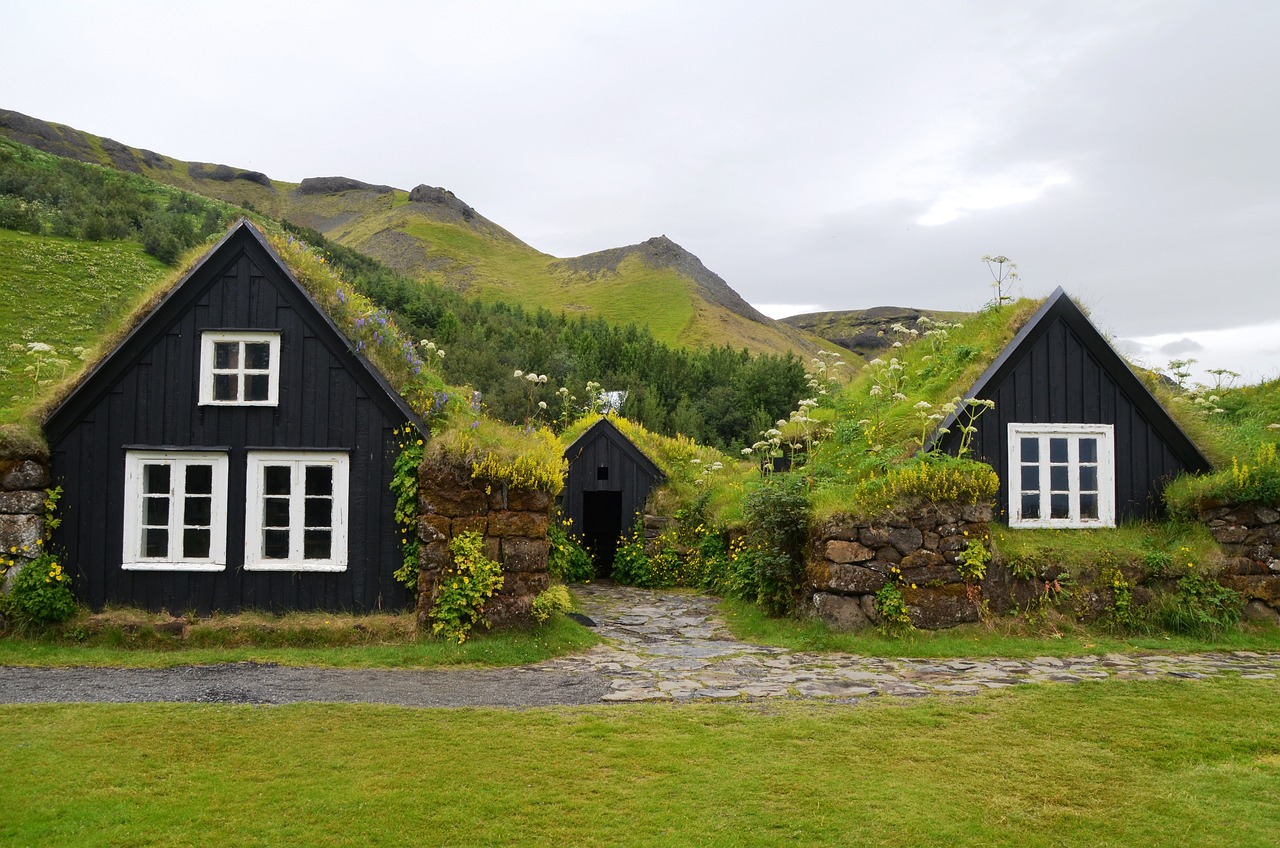
Natural Wonders and Attractions
The Golden Circle: A popular tourist route that includes Þingvellir National Park (site of the world’s oldest parliament and where the tectonic plates meet), the Geysir geothermal area, and Gullfoss waterfall.
Blue Lagoon: A famous geothermal spa located near Reykjavik, known for its mineral-rich, turquoise waters.
Northern Lights: Iceland is one of the best places in the world to view the Aurora Borealis (Northern Lights), particularly in the winter months.
Jökulsárlón Glacier Lagoon: A stunning glacial lagoon filled with floating icebergs, located in southeastern Iceland.
Vatnajökull National Park: Home to Europe’s largest glacier, this national park offers a variety of outdoor activities, including glacier hiking and ice cave exploration.
Reykjavik: The capital city, Reykjavik, is the cultural and economic hub of Iceland. It has a vibrant arts scene, excellent restaurants, and is known for its striking modern architecture (like the Harpa Concert Hall).
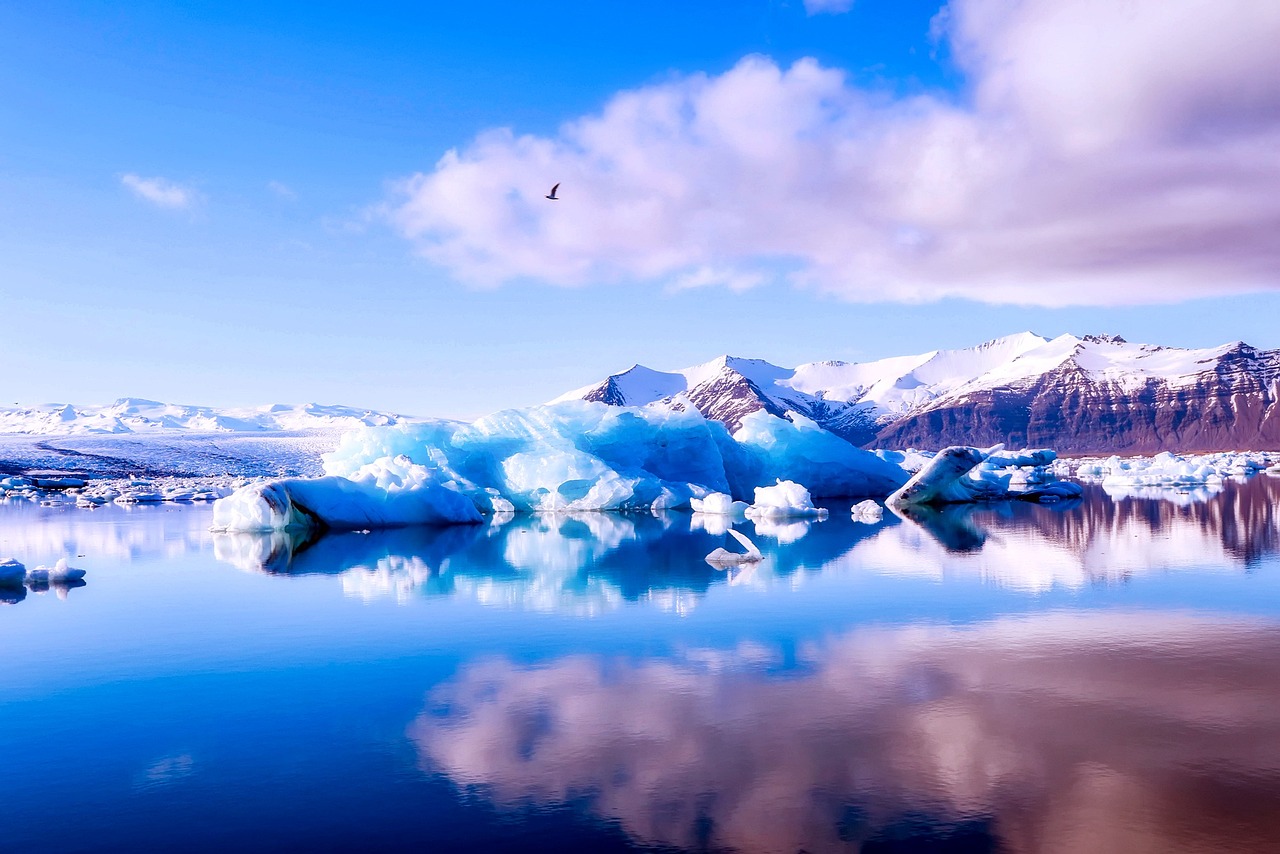
Environmental Consciousness
Sustainability: Iceland is one of the world’s leaders in sustainability, with extensive efforts in renewable energy, carbon neutrality, and eco-tourism. The country aims to be carbon-neutral by 2040.
Conservation: Iceland takes its environmental conservation seriously, with large national parks and reserves protecting its unique ecosystems.
Unique Facts
No forests: Iceland is one of the few places in Europe where there are almost no forests. It was once covered by trees, but deforestation began during the Viking era. Efforts are being made to reforest parts of the country.
No snakes: Iceland is one of the few places in the world without any native snake species.
Midnight Sun: Due to its location near the Arctic Circle, Iceland experiences the phenomenon of the midnight sun during summer, where the sun never fully sets for a period of time.
